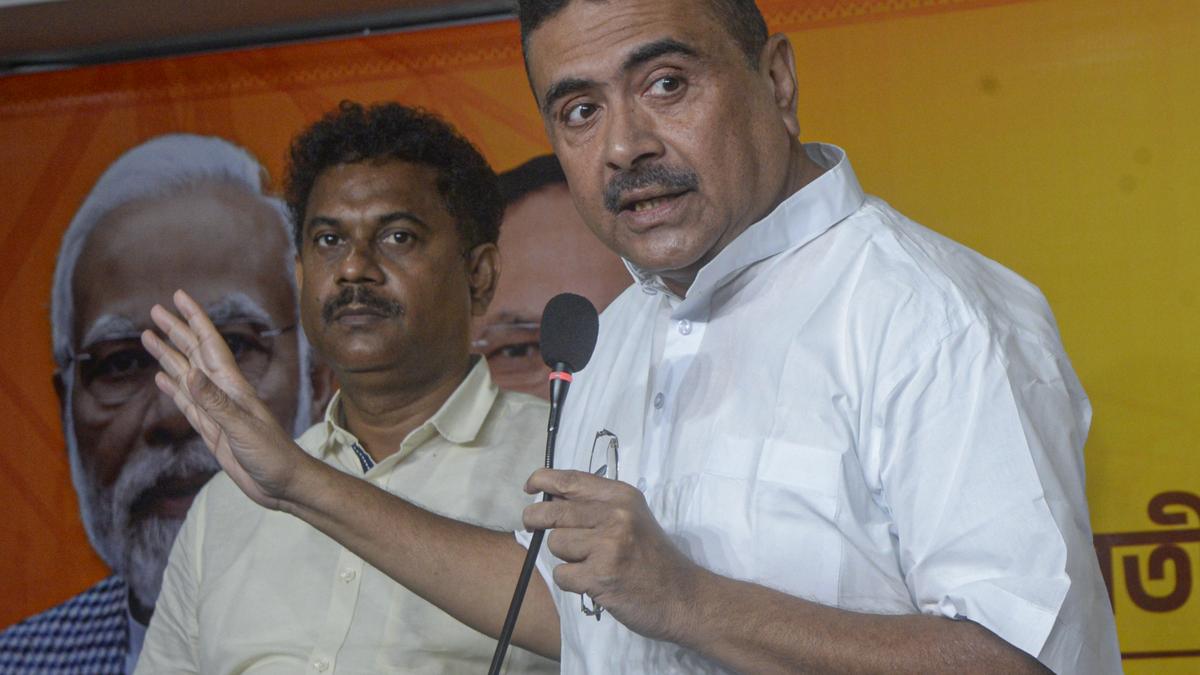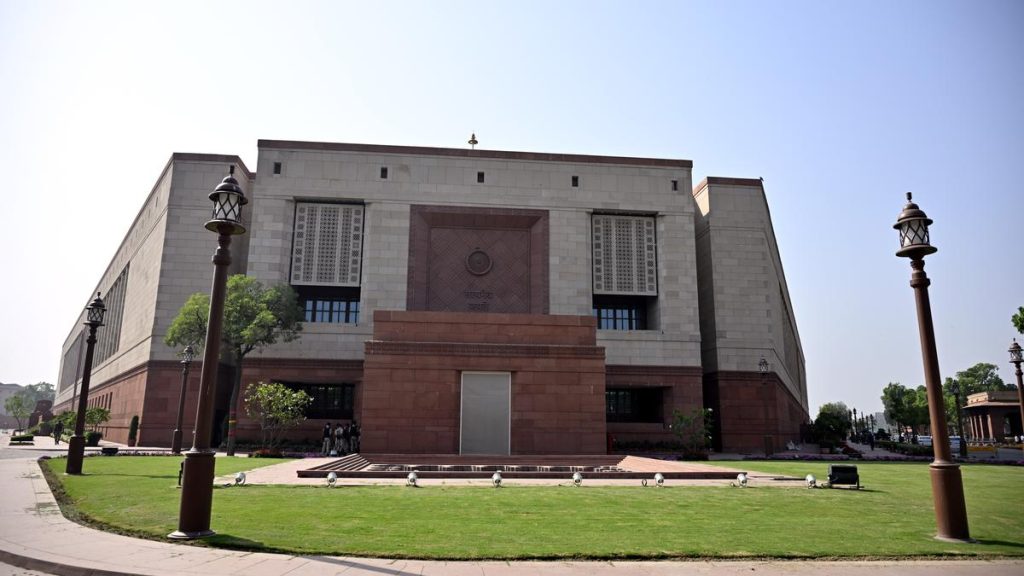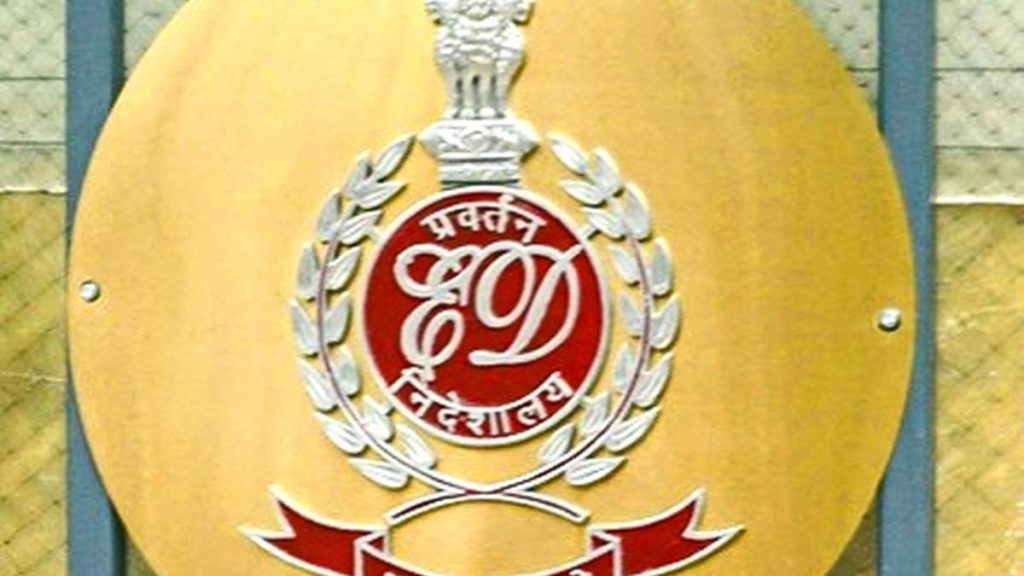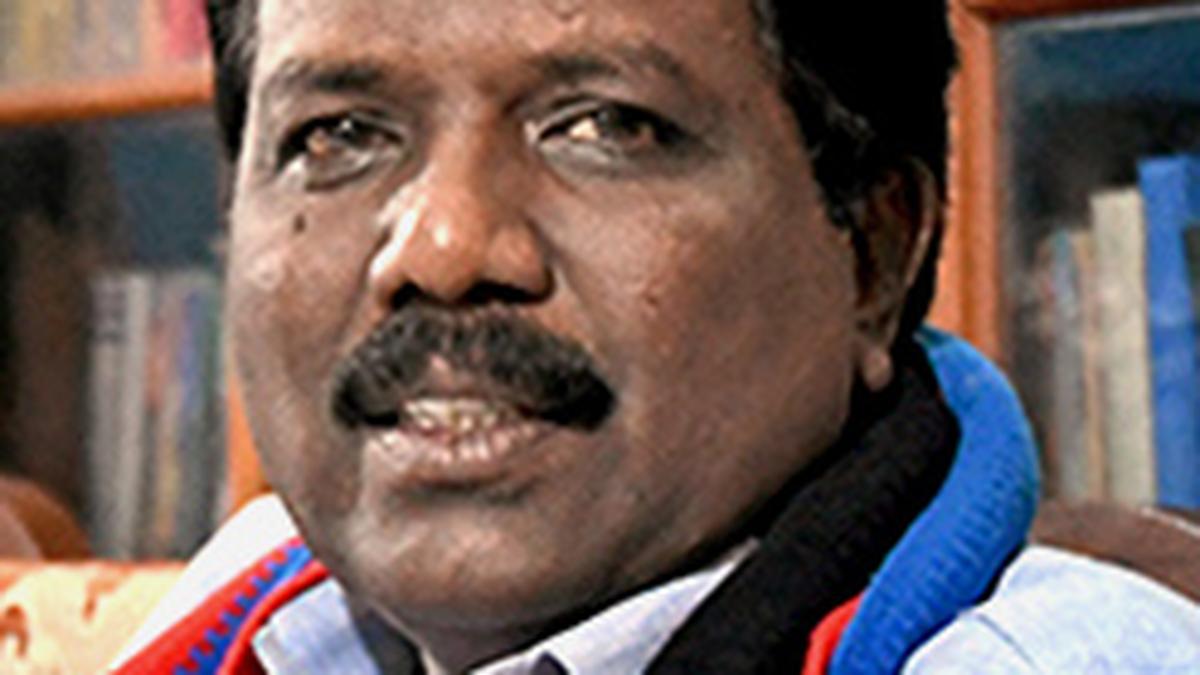Now Reading: Bengal BJP Alleges Trinamool Intimidation of BLOs, Flags Concern Over ‘Fake’ Voters
-
01
Bengal BJP Alleges Trinamool Intimidation of BLOs, Flags Concern Over ‘Fake’ Voters
Bengal BJP Alleges Trinamool Intimidation of BLOs, Flags Concern Over ‘Fake’ Voters

Quick Summary
- The Trinamool Congress (TMC) and Bharatiya Janata Party (BJP) are clashing over potential voter list revision in West Bengal, known as the Special Intensive Revision (SIR).
- BJP leader Suvendu Adhikari accused the TMC government of threatening District Magistrates and Booth-Level Officers (BLOs) over SIR-related processes.
- Adhikari alleged that names of bangladeshi citizens were falsely added too voter lists in Hindu-dominated booths of Baruipur east constituency. He also claimed Chief Minister Mamata Banerjee was interfering unlawfully in election matters.
- Mamata Banerjee warned BLOs not to harass genuine voters and expressed concerns about 1,000 BLOs being trained in Delhi without her knowledge. She called for BLO decisions to be approved by the state Government first, claiming EC intervention during elections is temporary.
- TMC alleges an NRC-like process is covertly underway through SIR revisions, which could remove genuine voters from rolls unfairly; party leaders staged protests against SIR across various states including Bihar.
- The Election Commission defines SIR as a nationwide effort requiring electors missing from previous rolls to prove their eligibility with valid identification documents amid criticism over potential disenfranchisement risks.
indian Opinion Analysis
The heated debate between TMC and BJP underscores rising tensions ahead of West Bengal’s 2026 assembly elections. Allegations ranging from unlawful intervention by state officials to concerns about voter suppression reflect broader anxieties surrounding electoral integrity in India’s politically polarized landscape. While Adhikari’s claims raise questions about procedural fairness, Banerjee’s emphasis on protecting “genuine” voters underscores fears that vulnerable populations may lose voting rights due to bureaucratic hurdles under the guise of an NRC-type implementation.
The potential for disenfranchisement highlights a critical issue: balancing robust verification methods with accessibility for marginalized groups who may lack proper documentation or knowledge to navigate these processes effectively. Both parties appear entrenched in their positions-one advocating strict scrutiny against fake voters and another cautioning against systemic exclusion-which leaves little room for consensus or dialog on ensuring worldwide suffrage while addressing electoral fraud fairly.
Read More: The Hindu
























